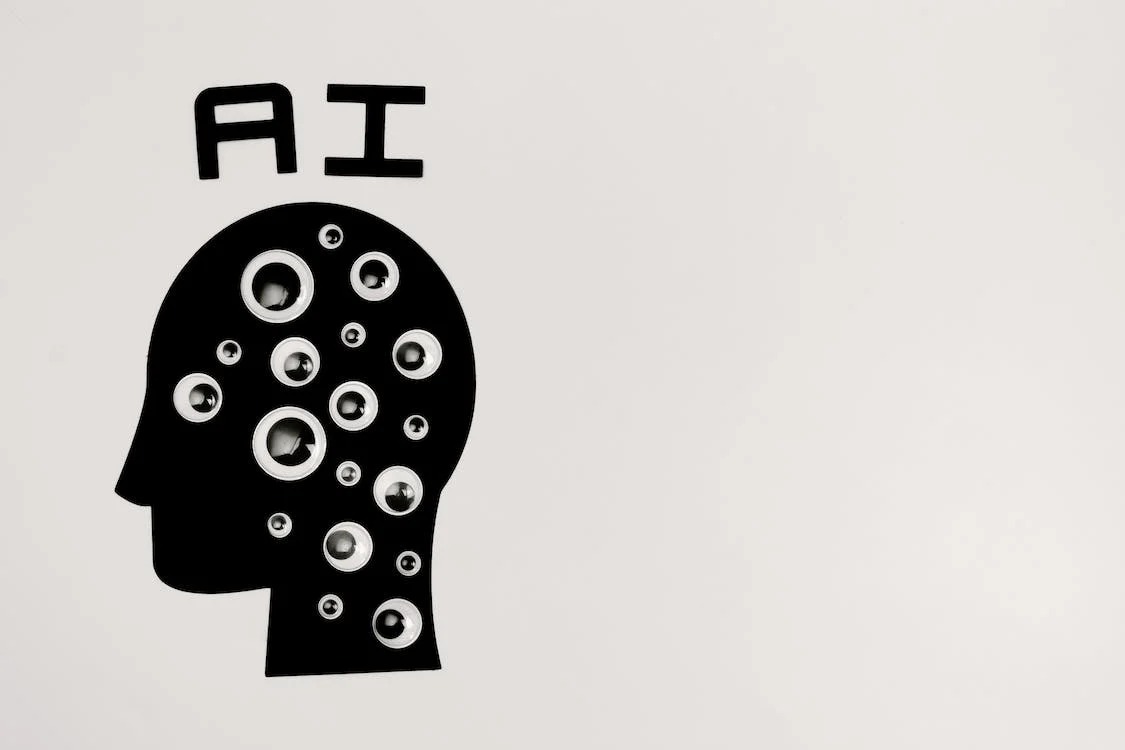Artificial Intelligence (AI) is not just emerging technology. It’s the next frontier of innovation, setting the pace across all sectors, whether it’s science, law, or business. AI, especially generative models, has emerged as an empowering tool, enhancing capabilities and fostering breakthroughs through trendy apps. But like any disruptive technology, it comes with its set of challenges, from ethical considerations to legal implications.
What Exactly Does AI Mean Nowadays?
AI is a technology that remains deeply misunderstood. In fact, quite a lot of people associate only a select few uses of AI without realizing how much it plays a role in their everyday lives. Everything from optimizing business productivity to the social media apps they browse every day weaves AI into its structure.
That said, there’s a particular branch of AI that’s been getting a lot of attention lately.
Neural Networks
Neural networks, which you might also hear referred to as artificial neural networks, are computing systems based on how the human brain works. Ever since their use has become mainstream, everyone from the common layman to the biggest corporations is thinking of ways to utilize them.
Understanding their function is quite simple. These networks start their job by taking in numerous inputs. They then guide these inputs through hidden layers with different weighted connections. After the processing stage, an output emerges, giving us the result.
In essence, it replicates how the human mind works, only much faster. The most unique capability of neural networks is that they replicate “learning”. They don’t quite learn in the way that humans do, of course. However, they do retain information and use it to make decisions about what results to output.
Neural networks are at the heart of many modern AI applications. They’re used in image and speech recognition, natural language processing, and enhancing writing with AI tools. Without a doubt, neural networks have become a cornerstone of AI, driving its advancement and application across various sectors.
Opportunities For AI
Now that we’ve established what AI is, let’s talk about some of its potential uses, whether you’re a marketing major, an academic, or a lawyer.
Health Industry
Artificial intelligence has cemented its place as a formidable ally in the health industry. One significant player in this field is the neural network. These computing systems are regularly employed in the analysis of medical imagery – think X-rays or MRIs. What they offer is a swift and in many instances, a more precise identification of patterns or anomalies that might be missed by human analysis.
Then we have generative AI. This subset of artificial intelligence holds significant promise in the area of drug discovery and development. It functions by generating potential drug candidates, and it does so by absorbing information from vast databases of existing pharmaceuticals and their effects.
Scientific Research
Complex data sets, often daunting in their intricacy, are simplified by AI. They provide a fresh perspective, enabling researchers to pinpoint patterns and trends that may be too elusive or convoluted for standard data analysis techniques.
Generative AI, in particular, has the power to construct simulations or models grounded in existing data. To illustrate, in the field of climate science, generative AI might be utilized to formulate models projecting future climate scenarios. These models would be built on a foundation of current and past climate data.
Practicing Law
In legal practice, AI has found a place in automating tasks that typically require human intelligence but are often time-consuming. Neural networks have been used to analyze legal documents and contracts, predict legal outcomes based on precedent, and even assist in legal research.
Generative AI theoretically assists in drafting legal documents. By training on a large corpus of legal texts, a generative AI model can produce drafts of legal documents, which can then be reviewed and adjusted by a human lawyer. Tedium, one of the greatest barriers to practicing law, can potentially be a thing of the past.
Running Businesses
For entrepreneurs and business leaders, AI has become an essential tool for keeping up with the fast-paced world that technology has enabled. In particular, neural networks can help with business analytics. From market trends to compliance automation, AI helps businesses find out what’s best for their future.
Generative AI, meanwhile, is used in content creation and marketing. For instance, it can generate marketing copy or social media posts, customize email marketing content, or even develop website designs. Small businesses particularly benefit from the multifunctionality of AI.
Ethical Implications
While the benefits mentioned above are quantifiably beneficial, there remains quite a bit of valid worry around the use of AI.
Data Privacy
This is perhaps the most concerning ethical quandary of using AI. For the health industry, the delicate handling of highly sensitive personal data is critical in healthcare. When AI systems are used, maintaining stringent levels of patient confidentiality while using this data to enhance care is an ongoing ethical challenge.
Client confidentiality, a cornerstone of legal practice, might be at risk when AI systems are used for tasks such as document review or case prediction. Giving data to some nameless corporation is a guaranteed breaking of trust with your clients. Nobody knows where that data goes other than the owner of whatever AI the lawyer used for their practice.
As for business, countless data leaks have shown why AI remains a concerning weak point. Businesses often handle large amounts of personal data. If much of that data goes somewhere it shouldn’t, that could easily tank the reputation of your business. Even worse, it’s put the safety of your customers at risk.
AI Equity
AI is a burgeoning industry, but already there are corporations making moves to monopolize their own AI systems. Many of these AI models are already charging for the use of their technology. While not unreasonable right now, nothing is stopping them from being so.
The concern here is that if AI starts being monopolized by corporations, whatever benefits they may provide are now locked to the privileged. If AI is to be used for the betterment of humanity, then it must remain an accessible technology.
Transparency
How AI sources the data they train on is a matter of great debate. How much of the writing and art generated by AI were directly taken from sources that had no chance to consent to be used by an AI model? AI companies should be pushed to have more transparency about how they train their AI models for generating content.
There’s a big difference between a human artist finding inspiration from the work of another, and an algorithm coldly merging all the aspects of the most popular works online into inoffensive yet legally questionable output. Finding out how the data is sourced, and more importantly, how the copyrights of others are protected, is a conversation that needs to happen.
Devaluing Humanity
When industrial robots became widespread, there was a distinct reduction in the employment rate of countries that utilized them, particularly in Europe. AI is facing a similar issue. Many companies are already implementing AI into roles that would usually be filled by humans, often with mixed results.
That said, whether the AI is “better” at the job or not is irrelevant. What matters is the displacement experienced by those affected by AI. The reckless use of AI without care for the displaced has resulted in unemployment. Corporations are also openly talking about AI as a replacement for writers in the ongoing WGA strike. The quality doesn’t matter as much as profit to these corporate entities.
Legal Framework
Currently, no unified legal framework covering AI specifically exists. At least, not any that are officially recognized by countries. Currently, transgressions against AI would have to break other rules to be policed. However, changes are already being made, and Europe is leading the charge on that front.
The Artificial Intelligence Act aims to have a risk-based approach to the legality of AI in everyday use. Concerns such as lack of transparency, protection of privacy, and keeping AI open-source are among some of the main drivers of the law. The Artificial Intelligence Act is currently approved, and legislators hope the final version of the law will exist by the end of 2023.
Beyond the EU, the United States is already making moves to pass laws regarding the ethical regulation of AI. In June 2023, the National AI Commission Act was introduced, following a similar risk-based approach as its EU counterpart. Only time will tell what these legal frameworks are going to look like.
Final Thoughts
AI is as exciting as it is terrifying. There are so many applications that could make the jobs we do easier and faster. However, the ethical concerns being raised are not to be taken lightly. Without proper regulation, AI could quickly turn into a monster of industry, one that prioritizes the bottom line over the humans it was supposed to assist.
There’s no clear-cut answer to how AI can be leveraged in today’s world. That’s what everyone from ground level all the way up to the government is trying to figure out. If you want to use AI for your practice, keep a level head and avoid exploiting others. It’s a powerful tool, but like all tools, should be handled with caution.

Get 4 Free Sample Chapters of the Key To Study Book
Get access to advanced training, and a selection of free apps to train your reading speed and visual memory




